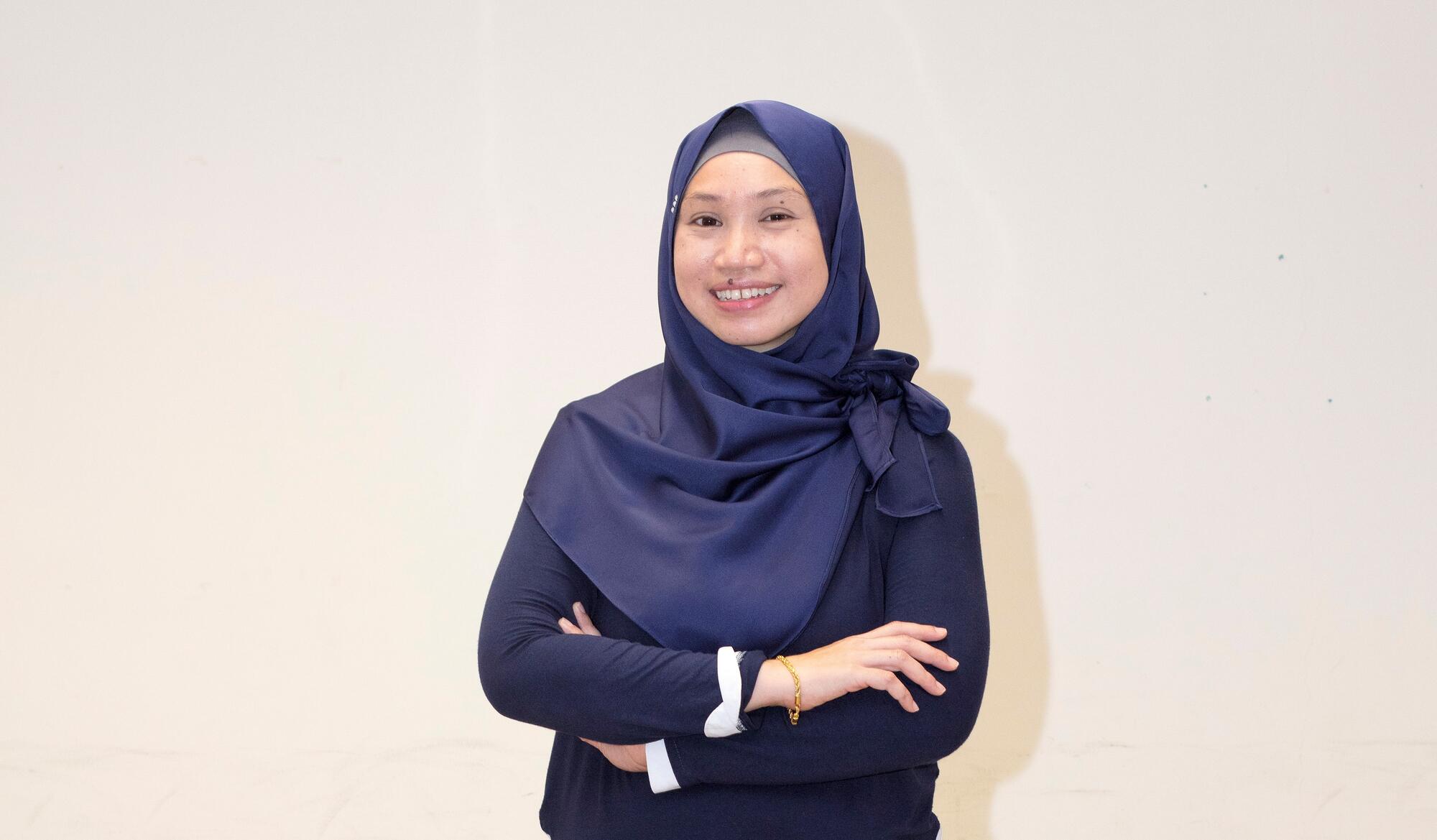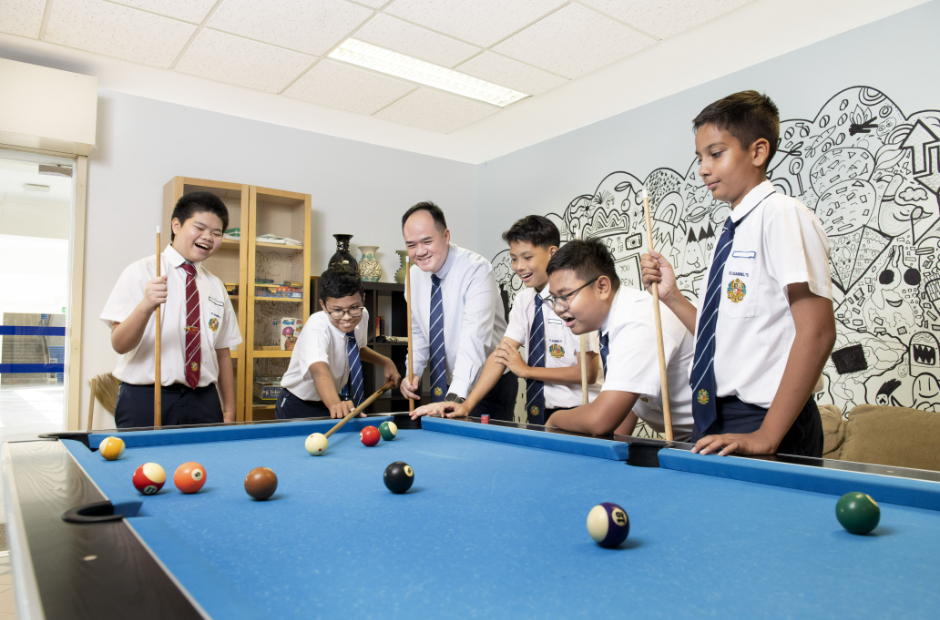Ou Xin Ying, Farrer Park Primary School, Outstanding Youth in Education Award 2021 Recipient
Five words in 30 minutes. That was all Primary 5 student Gigi* could muster the first time we met.
When Gigi and her family moved back to Singapore after nine years, Gigi struggled to speak English. Any attempt would paralyse her with fear.
“She can’t speak English!” her friends would explain on her behalf whenever she refused to answer any question in class. “No,” I would gently correct them, “she just can’t speak confidently yet.”
To help her along, I met her every day during recess to chat with her as a way of getting her to practise speaking English. I wanted her to know that the more she practised, the better she would get.
I rallied the class to encourage her to speak up. For every 10 words Gigi spoke with a friend, the class would be rewarded with a minute of playtime on Quizlet, an educational app. Soon, Gigi was confident enough to speak in front of the whole class.
I have come to realise the power of reframing the way we think. Instead of saying we can’t do something, we should think of it as “we can’t do it yet”. This is about the growth mindset, a concept developed by Stanford psychologist Carol Dweck, which tells us that we can become better at anything as long as we put effort into it.
That is the mindset that I hope to instil in my students, so they will embrace challenges and view failure as an opportunity to learn. It is one of the best gifts I can give my students.
Learning to Study Effectively
When I taught my first batch of students, I saw that many of them wanted to do well but did not have the skills to do so. “How do I work hard?” This was a question they often asked.
This led me to create the Effective Effort and Growth Mindset Programme. Through this school-wide programme, Primary 1 to 6 students pick up strategies to help them learn effectively. They are taught to adopt a can-do attitude when faced with challenges and are motivated to become better versions of themselves.
This programme covers six areas that students can improve in: time, focus, persistence, commitment, resourcefulness, and use of feedback.
For instance, students are taught how to use their time wisely by identifying if a task is urgent and/or important. For example, if they identify studying for an upcoming test as urgent and important, they should do it first. For other tasks that are important but not urgent, they can work on them later. We also get them to plan their after-school timetables, so they take charge of their time and manage their schedules when they are on their own.
Throughout their six years in school, students revisit each area and pick up more advanced strategies as they progress to the next level. At the end of each year, I get every level (including Primary 1 students) to write letters to their incoming juniors, to encourage and advise them on reaching their goals. Through these letters, I see that students have internalised these self-management strategies and are now sharing them with their peers.
Here’s what a Primary 6 student wrote in her letter to a junior student: “Dear Junior, I just want to tell you that you should manage your time well in P6 and pace things out so that when it’s nearer to PSLE, you won’t be that stressed… Remember, PSLE is just another exam so don’t be too stressed out as long as you do your best!”
Learning from Setbacks
Have you ever looked at a Math word problem, panicked, and froze? That happens to my students too. For some, they have no idea even where to start.
To tackle this, I developed a school-wide Math Games Programme. At the end of Primary 6, every student in the school would have learned 12 strategic-thinking games. These include Rummikub, Blokus and Quoridor. In Quoridor, for example, students must get their pawn to the other side of the game board while using tiles to block their opponents from doing the same.
They learn and play the games in class, reflect on their gameplay and compete with one another during recess. As they play, they learn to adjust their strategy along the way, using information they gather about their opponent. When they make a wrong move that puts them at a disadvantage, they would have to figure out another way to bounce back. They develop focus, resilience and a love for challenges, all while having fun.
These skills translate beautifully into solving Math word problems, from taking the first step to try, to finding out how they can do better next time.
Learning from Scratch
This growth mindset applies to us teachers too.
The past year of upheaval and uncertainty has reminded me that we need to be nimble, lifelong learners. I was put to the test when I had to lead a committee to plan a virtual open house. A website, a video series, an interactive learning journey for students and a virtual school tour – we had all these exciting plans in mind for our open house, but none of us had any experience in creating any of them.
So I rallied my team the same way I do with my students: “We just haven’t learnt these skills, yet.” In a span of three months, we plunged into some intensive online learning. Of course, there were plenty of obstacles. Once, we had to re-shoot an entire video when we discovered we had not recorded the sound properly. The team pulled together and helped one another along the way – and the virtual open house turned out to be a huge success!
What I have found most rewarding in my teaching journey is helping students and teachers to achieve what they thought they could not do. I hope everyone can experience the power of “Not Yet” for themselves.
*Name has been changed to protect the identity of the student.






